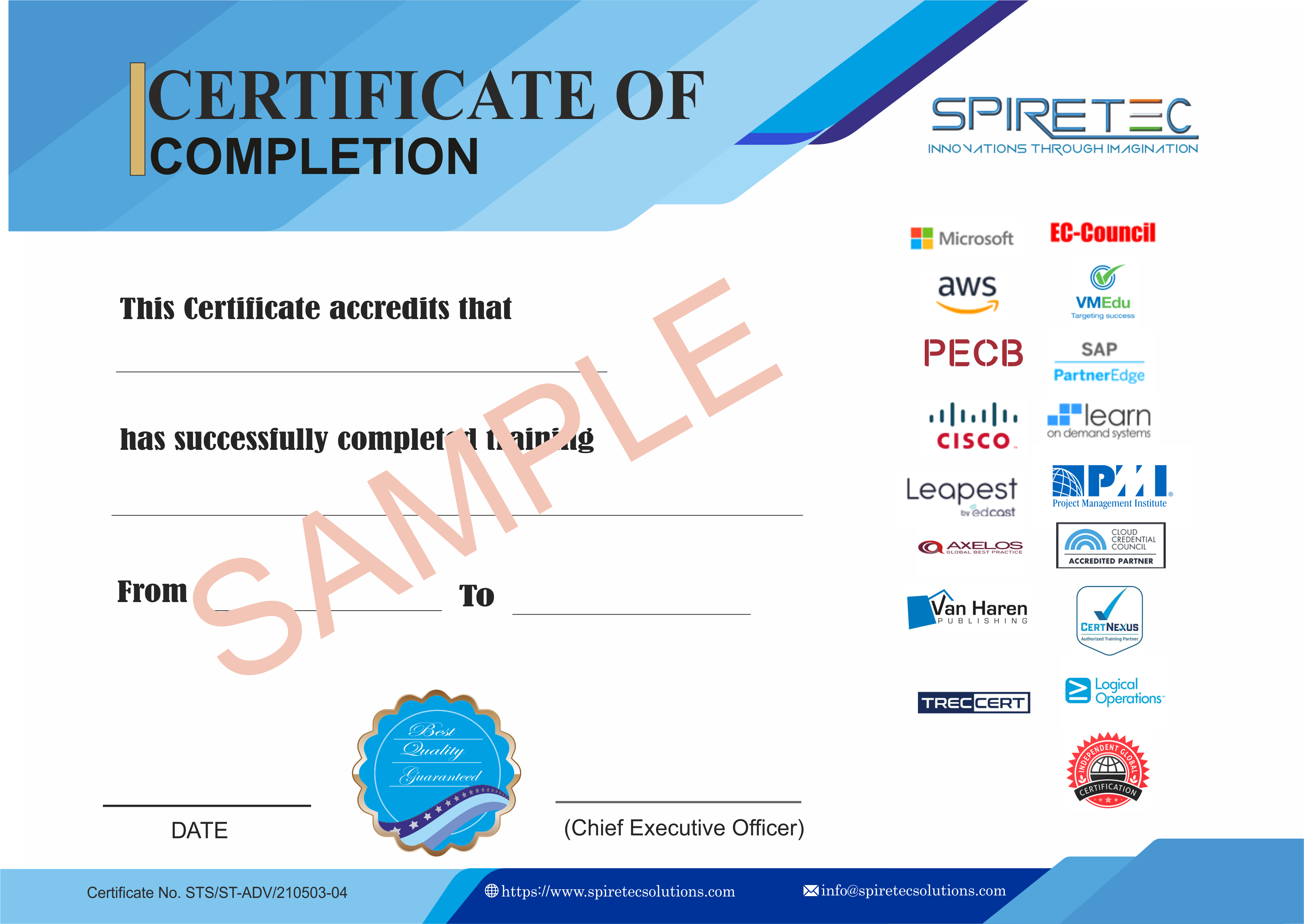The Red Hat Security: Linux in Physical, Virtual, and Cloud (RH415) course is a thorough training program designed for system administrators to secure Red Hat Enterprise Linux (RHEL) systems. The course delves into various security aspects, including risk management, data protection, automation with Ansible, authentication, system monitoring, and compliance. Participants will learn to define security strategies, manage encryption with LUKS and NBDE, control device access, implement PAM configurations, monitor system events, enforce SELinux policies, and automate compliance checks using OpenSCAP and Red Hat Satellite. The course also covers the use of Red Hat Insights for identifying and addressing vulnerabilities. Completing this course prepares learners for the Red Hat EX415 exam and the Red Hat Certified Specialist in Security: Linux certification.
Course Prerequisites
To fully benefit from the RH415 course, participants should meet the following prerequisites:
-
Basic Understanding of RHEL: Knowledge of RHEL installation and basic system administration. Familiarity with RHEL 7 or RHEL 8 is beneficial.
-
Command-Line Navigation: Skills in navigating Linux filesystems using the command line and using text editors like vi or nano for editing configuration files.
-
Network Configuration: Foundational knowledge of network configuration and services management in RHEL.
-
Experience Level: Previous experience with Linux system administration equivalent to Red Hat's RHCSA (Red Hat Certified System Administrator) certification.
-
Basic Security Concepts: Understanding of basic security concepts such as firewalls, authentication mechanisms, and access control methods.
The course is suited for IT professionals with a keen interest in RHEL security who wish to enhance their knowledge in securing RHEL systems across various environments. Familiarity with the topics covered in the RHCSA and RHCE courses, or holding current RHCSA and RHCE certifications, will greatly benefit learners.
Target Audience
The RH415 course is intended for:
-
System Administrators
-
Security Administrators
-
DevOps Engineers
-
Cloud Administrators
-
IT Security Professionals
-
Red Hat Certified Engineers (RHCE)
-
IT Professionals interested in SELinux and OpenSCAP
-
Individuals interested in automating security and compliance with Ansible and Red Hat Satellite
-
Security Compliance Personnel
-
Network Administrators with a focus on security
-
Technical Support Engineers specializing in security solutions
-
IT Professionals seeking certification or specialization in Red Hat security features and best practices
Course Outline
1. Managing Security and Risk
Define and implement strategies to manage security on Red Hat Enterprise Linux systems.
2. Automating Configuration and Remediation with Ansible
Remediate configuration and security issues automatically with Ansible Playbooks.
3. Protecting Data with LUKS and NBDE
Encrypt data on storage devices with LUKS, and use NBDE to manage automatic decryption when servers are booted.
4. Restricting USB Device Access
Protect systems from rogue USB device access with USBGuard.
5. Controlling Authentication with PAM
Manage authentication, authorization, session settings, and password controls by configuring Pluggable Authentication Modules (PAM).
6. Recording System Events with Audit
Record and inspect system events relevant to security by using the Linux kernel's Audit system and supporting tools.
7. Monitoring File System Changes
Detect and analyze changes to a server's file systems and their contents by using AIDE.
8. Mitigating Risk with SELinux
Improve security and confinement between processes by using SELinux and advanced SELinux techniques and analysis.
9. Managing Compliance with OpenSCAP
Evaluate and remediate a server's compliance with security policies by using OpenSCAP.
10. Analyzing and Remediating Issues with Red Hat Insights
Identify, detect, and correct common issues and security vulnerabilities with Red Hat Enterprise Linux systems by using Red Hat Insights.
11. Automating Compliance with Red Hat Satellite
Automate and scale OpenSCAP compliance checks by using Red Hat Satellite.
12. Comprehensive Review
Review tasks from Red Hat Security: Linux in Physical, Virtual, and Cloud.







 Live Online Training (Duration : 32 Hours)
Live Online Training (Duration : 32 Hours)
